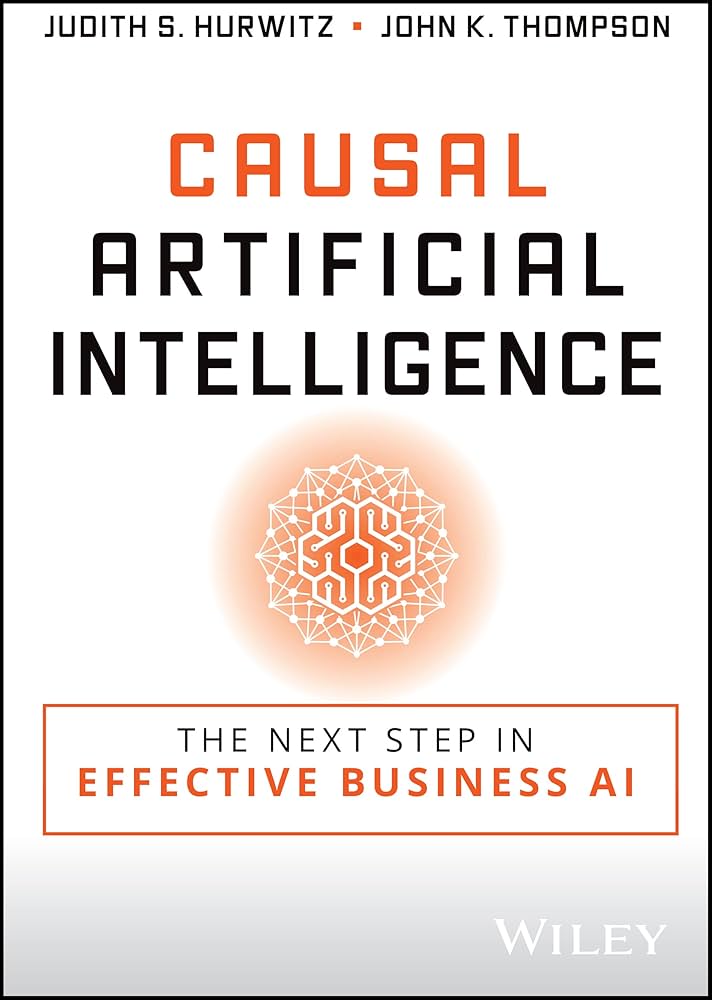
Advancing AI’s Causal Reasoning: Unveiling CausalBench’s Impact on LLM Evaluation
As the landscape of artificial intelligence (AI) continues to evolve, the significance of understanding causality within these systems cannot be overstated. Exploring causality not only informs data distribution comprehension but also shapes the decisions AI models make, their adaptability to new information, and their capacity for generating alternative hypotheses. However, despite the growing excitement surrounding large language models (LLMs), measuring their effectiveness in causal reasoning poses a considerable challenge due to the absence of robust benchmark tests.
The Challenge of Measuring Causal Reasoning in LLMs
Traditional approaches in assessing LLMs have relied on relatively simplistic benchmarks and correlation tasks that leveraged limited datasets with elementary causal structures. While these studies have laid some groundwork, they often fall short of capturing the full spectrum of task complexity and dataset diversity. Previous efforts to integrate structured data have struggled to combine it effectively with background knowledge, ultimately hindering a complete understanding of LLM capabilities in real-world contexts.
 Exploring the implications of causal reasoning in AI models.
Exploring the implications of causal reasoning in AI models.
In light of these challenges, researchers at Hong Kong Polytechnic University and Chongqing University have unveiled CausalBench, a groundbreaking benchmark designed specifically to evaluate LLMs’ causal learning capabilities. Unlike prior assessments, CausalBench adopts a more holistic approach, encompassing a variety of tasks layered with escalating complexity that challenge LLMs to interpret and apply causal reasoning across diverse scenarios.
CausalBench: A Comprehensive Benchmark for LLMs
The innovative methodology behind CausalBench includes rigorous testing of LLMs against datasets such as Asia, Sachs, and Survey. This structured testing aims to evaluate models’ proficiency in identifying correlations, constructing causal skeletons, and discerning causality directions. Performance is meticulously measured through metrics such as the F1 score, accuracy, Structural Hamming Distance (SHD), and Structural Intervention Distance (SID).
One of the standout features of CausalBench is its zero-shot evaluation framework, which tests each model’s inherent causal reasoning capabilities without the need for prior fine-tuning. This rigor ensures that the results reflect the true potential of each LLM in handling causal inference tasks.
Unpacking Initial Findings from CausalBench Evaluations
Recent evaluations using CausalBench yielded fascinating insights into the performance of various LLMs. For example, models like GPT-4 Turbo demonstrated commendable F1 scores exceeding 0.5 in correlation tasks derived from datasets such as Asia and Sachs. However, as the complexity of the tasks increased—especially in causality assessments involving the Survey dataset—many models faced substantial challenges, with most not surpassing F1 scores of 0.3.
“CausalBench effectively highlights the disparity in LLM capabilities, showcasing both their strengths and areas ripe for further enhancement.”
These findings not only underscore the varying capacities of LLMs to manage diverse levels of causal intricacy but also spotlight critical avenues for future growth in model training and algorithm refinement.
Implications for AI’s Future
In conclusion, the launch of CausalBench marks a significant leap forward in the quest to evaluate the causal learning capacities of LLMs comprehensively. By incorporating a variety of datasets and intricate evaluation tasks, this research provides invaluable insights into the strengths and weaknesses inherent within different LLM architectures concerning causality. The implications are profound—enhanced causal reasoning abilities are essential for AI systems tasked with accurate decision-making and logical inference in real-world scenarios.
As we forge ahead in the data-driven age, the research community must continue to prioritize model training advancements to refine AI’s aptitude for understanding causality. The groundwork laid by CausalBench is an encouraging step, yet it is just the beginning of what promises to be a continuous journey towards improved AI capabilities.
 Visualizing the connection between AI and causality.
Visualizing the connection between AI and causality.















